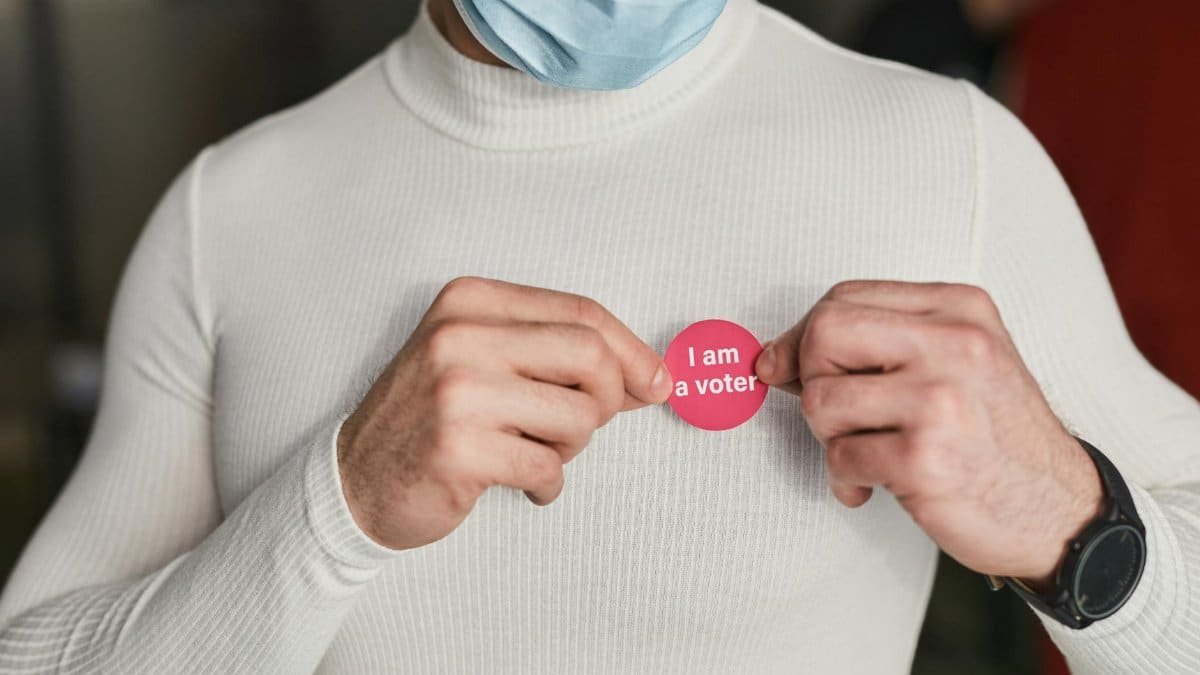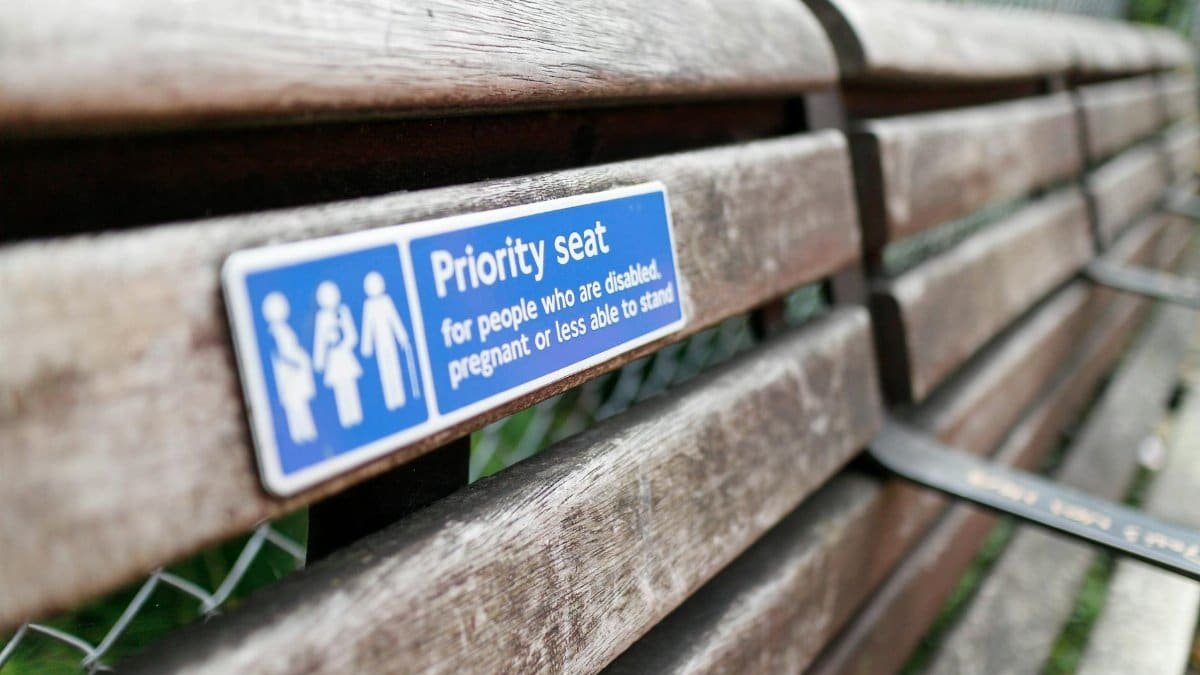Is the first psychedelic healing center in Denver the future of mental health treatment? In early 2025, The Center Origin made history by receiving Colorado’s first state license to operate as a psychedelic healing center under the state’s groundbreaking Natural Medicine Program. This development follows a 2022 voter-approved initiative to legalize supervised psilocybin therapy for adults over 21. The opening of this pioneering facility signals a transformative shift in how alternative therapies are integrated into mainstream healthcare, raising questions about accessibility, safety, and the potential for broader acceptance across the U.S.
A Historic Milestone for Colorado Healthcare

The licensing of The Center Origin in early 2025 marks a significant moment for Colorado’s healthcare landscape. As the first psychedelic healing center in Denver to gain official state approval, it represents the culmination of years of advocacy and legislative progress. The center’s authorization under the Natural Medicine Program underscores Colorado’s commitment to exploring innovative mental health solutions at a time when traditional therapies often fall short for many individuals.
Roots in a Voter-Driven Initiative

The foundation for this achievement was laid in 2022 when Colorado voters approved a landmark initiative to legalize supervised psilocybin therapy. This measure, passed by a significant margin, allowed adults over 21 to access psilocybin under professional guidance. The decision reflected a growing public interest in alternative treatments for conditions like depression, anxiety, and PTSD, backed by emerging research on psychedelics’ therapeutic potential. The Center Origin’s opening is a direct result of this voter-driven push for change.
Structured Therapy with Strict Oversight

Safety as a Core Priority

Safety remains at the heart of Colorado’s approach to psychedelic therapy. The state’s regulations require facilities like The Center Origin to adhere to strict guidelines, including thorough screening of participants and continuous monitoring during sessions. These measures are informed by broader research into psychedelic therapy, such as studies supported by institutions like Johns Hopkins University, which highlight both the promise and the need for caution in this field. For more on this research, see Johns Hopkins Medicine Psychedelics Research.
Integrating Alternative Therapies into Mainstream Care

The opening of the first psychedelic healing center in Denver is more than a local event; it signifies a broader movement to integrate alternative therapies into mainstream healthcare. Colorado’s Natural Medicine Program positions the state as a leader in this space, potentially paving the way for other states to follow. The Center Origin’s model could serve as a blueprint, demonstrating how psychedelics can be incorporated into mental health treatment with proper oversight and professional support.
Implications for Mental Health Treatment Nationwide

As The Center Origin begins operations in 2025, its impact may extend far beyond Denver. With mental health crises continuing to strain resources across the U.S., innovative approaches like supervised psilocybin therapy could offer new hope. National discussions around psychedelic policy are already gaining traction, fueled by research from organizations like the National Institute of Mental Health. For further context on mental health trends, visit NIMH Substance Use and Mental Health.
Challenges Ahead for Psychedelic Healing Centers

A Step Toward Broader Acceptance

